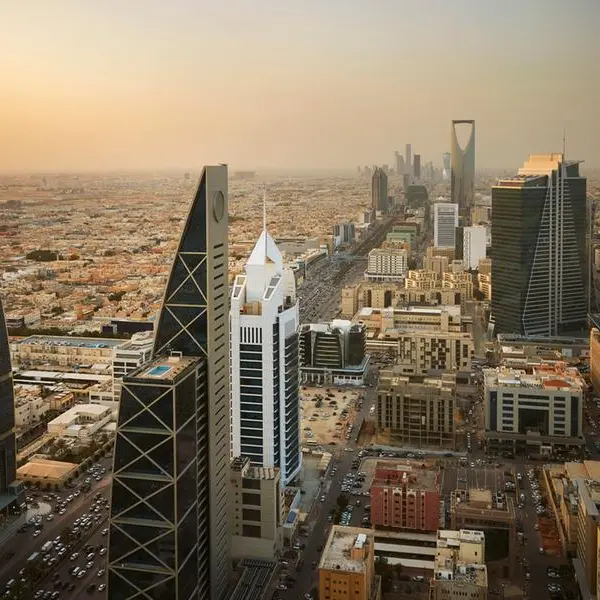PHOTO
The UAE’s non-oil sector experienced a mild slowdown in March, amidst signs of a softening in demand growth.
The S&P Global UAE Purchasing Managers’ Index (PMI) dropped to 54 last month, down from 55 in February, but still above the 50 mark, which separates growth from contraction.
While business conditions showed improvement, with input purchases rising at their sharpest rate since mid-2019, the upturn was the weakest recorded since September last year.
The latest survey indicated a stronger drive among non-oil firms to protect profit margins, which included raising selling charges at the second-fastest pace in over seven years. This occurred despite a moderation in input cost pressures.
An uplift in operating conditions was also recorded, driven by an increase in sales volumes across the non-oil economy. However, firms also witnessed strong competition, resulting in a mild growth in new export orders. PMI data revealed, March’s upturn in sales was the weakest recorded since October 2024.
The slower rate of demand growth somewhat curbed capacity pressures, but UAE businesses continued to highlight a steep rise in backlogs of work.
“A third consecutive month-on-month softening of new order growth shows that some firms could be encountering challenges in meeting their sales targets,” said David Owen, Senior Economist at S&P Global Market. “The quest to overcome capacity hurdles ramped up in March, as firms purchased inputs in bulk to try and clear their backlogs.”
Owen added that some companies were still grappling with delays in customer payments, something which the UAE’s move towards a mandatory e-invoicing system is aiming to resolve.
Some panellists also noted a rise in material costs due to stronger input demand, while others reported a fall in transport prices. Salary costs continued to climb due to cost-of-living pressures.
Prices charged by non-oil firms rose for the third consecutive month in March, and the pace of inflation was historically fast – almost the quickest seen for over seven years.
“Hiring remains a significant concern, with March’s employment increase marking the weakest growth in nearly three years. Given the elevated demand levels, this suggests that some firms could be struggling to locate suitable candidates,” Owen added.
Dubai PMI
Dubai’s non-oil business conditions improved at a softer rate for the third month in a row in March, with the headline PMI falling to a five-month low of 53.2 in March from 54.3 in February.
Companies reduced hiring as the rate of new order expansion softened compared to the start of the year.
Input price inflation meanwhile fell to its lowest level in exactly one year. In contrast, output prices rose at a quicker pace than in February.
(Writing by Bindu Rai, editing by Daniel Luiz)





















